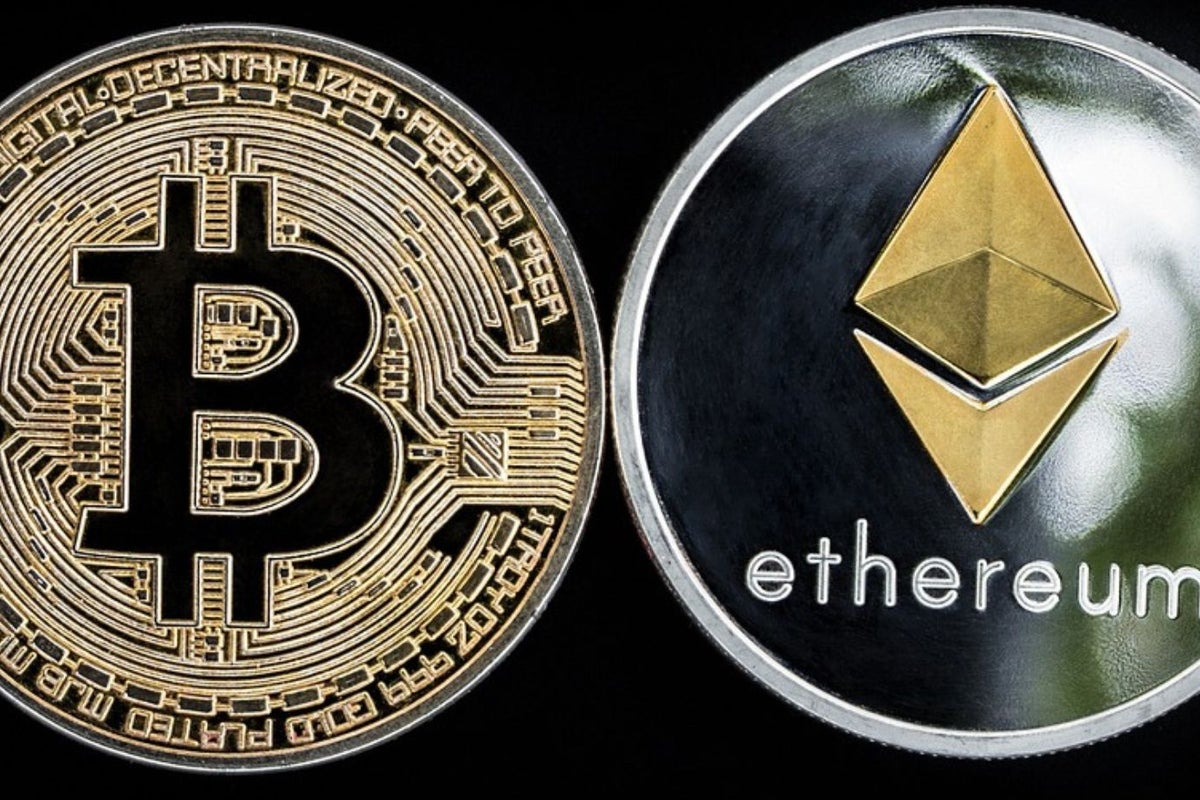Blockchain technology is essential for commercial real estate


- In its study, Deloitte explains how blockchain-based smart contracts can simplify several intermediary processes to carry out a transaction.
- Moreover, blockchain can also help reduce costs while building trust among transaction parties.
There have been several debates surrounding the use of blockchain technology across several industries. Blockchain presents a strong application area in real estate due to its inherent features of strong immutability and transparency.
According to the recent study by consulting giant Deloitte, blockchain is a perfect fit for real estate use cases around leasing and sales. Blockchain surpasses other traditional systems by offering a real-time trust environment along with digitization of information. Consulting giant Big Four cites six such opportunities for blockchain to disrupt the commercial real estate industry.
It also explains the process of improving leasing and purchasing as well as the sales process using blockchain technology. Deloitte explained that the inherent capabilities of the blockchain network offer cheaper ways to manage property history. It also enables efficient processing of financing and payments.
1. Improve the property search process
Blockchain technology can provide a transparent multiple-listing service (MLS) system that allows all parties to view available listings depending on their needs. The use of blockchain technology provides additional security for all parties involved in the process.
2. Pre-lease due diligence using smart identities
Blockchain will help to easily identify the digital identity of individuals and assets. Thus, the landlord should be able to easily carry out the tenant’s background check. In the same way, it becomes less familiar with previous transactions and encumbrances on the property. This helps to establish greater trust between the two transaction parties.
3. Simplify leasing and subsequent property and cash flow management
The study also shows that blockchain is now able to take over more than 50 percent of the leasing and sales processes. Deloitte also explains how easy it is to create lease agreements using smart contracts. This will of course exclude steps that require physical interventions such as loan negotiations and property inspections. The Deloitte report said:
Blockchain appears to be most applicable to dynamically configurable or co-sharing spaces, which have a relatively higher number of tenants and shorter leases.
4. Enables smarter decision making
Since blockchain maintains the highest levels of transparency, it also facilitates smarter decision making for the landlord as well as the tenant. It helps to break down the barrier of trust while ensuring a smooth transaction between the two parties. The report notes:
Blockchain technology can be the connective tissue between technology systems of CRE companies and other participants in a leasing transaction by providing a more open and shared database for all parties involved. This will improve data quality and also enable real-time recording and retrieval.
5. Transparent and relatively cheaper property rights management
Legacy title registration systems have drawbacks such as concerns with mortgage authenticity and title documents. There are also concerns with the accuracy of recorded encumbrances and information relating to title documents.
This entails an additional cost for buyers to take out insurance for purchase and sale transactions. On the other hand, a blockchain-based digital identity for the property would include history, location and title details.
The stakeholders in the transaction can trust this data as any changes to the blockchain will happen through a consensus across multiple nodes. The encrypted and tamper-proof nature of blockchain also makes it difficult to commit fraud related to encumbrances, easements, rights to air and underground, titles or transfers.
6. Enable more efficient processing of financing and payments
Due to the involvement of multiple channel partners, payments and money transfers are quite expensive and time-consuming in a real estate transaction. In its study, Deloitte explains:
Blockchain-enabled digital identities and smart contracts can potentially reduce inefficiencies and increase transparency in financing and payment processes. To begin with, blockchain can simplify the financing process during the loan application, documentation, due diligence and service stages.
The digital identity of a property will reduce both due diligence and loan documentation time, and perhaps even data integrity concerns. The borrower and the lender can then execute a smart contract-based25 loan document. The smart loan contract will be available to all legal parties involved.
























